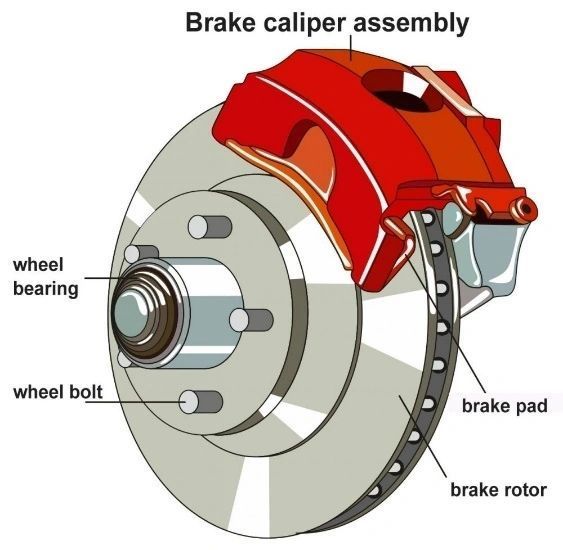The Unsung Hero of Your Car: The Catalytic Converter
Often tucked away under your vehicle, the catalytic converter is an essential component of your car's exhaust system, yet it's one of the least understood parts. Here, we'll explore why this unassuming device is so crucial for both your vehicle's performance and the environment.
What is a Catalytic Converter?
A catalytic converter is designed to convert harmful pollutants in exhaust gases into less harmful emissions before they leave your car. It reduces:
**Carbon Monoxide (CO)** to Carbon Dioxide (CO2)
**Hydrocarbons (HC)** to water (H2O) and CO2
**Nitrogen Oxides (NOx)** to Nitrogen (N2) and O2
Environmental Importance
**Reducing Pollution**: By transforming toxic gases into less harmful substances, catalytic converters play a significant role in reducing air pollution. This not only helps in combatting smog but also reduces the impact on climate change by minimizing greenhouse gas emissions.
**Compliance with Regulations**: Most countries have stringent emissions standards, and passing emissions tests often depends on how well your catalytic converter is functioning. This ensures that vehicles on the road contribute less to environmental degradation.
Vehicle Performance and Health
**Engine Efficiency**: A properly functioning catalytic converter can help maintain the efficiency of your engine. It does this by ensuring the exhaust system works correctly, which can affect fuel economy and engine performance.
**Protecting Other Components**: The converter helps protect other parts of your car from damage due to harmful gases. For instance, reducing the amount of NOx can prevent corrosion or damage to other components like the muffler.
**Diagnostic Health**: Issues with the catalytic converter can trigger your car's check engine light, alerting you to potential problems that might otherwise go unnoticed until they become severe.
The Financial Side
**Fuel Savings**: An efficient catalytic converter can lead to better fuel consumption, saving you money over time. When it's not functioning correctly, it might lead to increased fuel usage.
**Preventing Expensive Repairs**: Addressing catalytic converter problems early can prevent more significant engine issues. The cost of replacing a catalytic converter can be high, but it's often less than the repairs required if you let related engine problems escalate.
Safety Considerations
**Toxicity**: Without a functioning catalytic converter, dangerous levels of carbon monoxide can enter the cabin, posing serious health risks, especially in poorly ventilated areas like garages.
**Legal Safety**: Failing emissions tests due to a faulty converter can result in fines or the inability to register your vehicle legally.
Maintenance and Longevity
**Regular Checks**: Although catalytic converters are designed to last a long time, they can degrade due to age, high mileage, or using the wrong type of fuel. Regular inspections during routine maintenance can catch issues early.
**Protect Against Theft**: Catalytic converters contain precious metals like platinum, palladium, and rhodium, making them a target for theft. Parking in secure areas or using anti-theft devices can protect this valuable component.
Conclusion
The catalytic converter might not be the most glamorous part of your car, but its role in ensuring cleaner air, maintaining engine health, and even keeping you safe is indispensable. If you're noticing any signs of trouble, like reduced performance or the check engine light, it might be time for a quality auto repair check to ensure your converter is in good shape. Remember, every part of your vehicle contributes to the whole, and neglecting one, can lead to bigger problems down the road.







